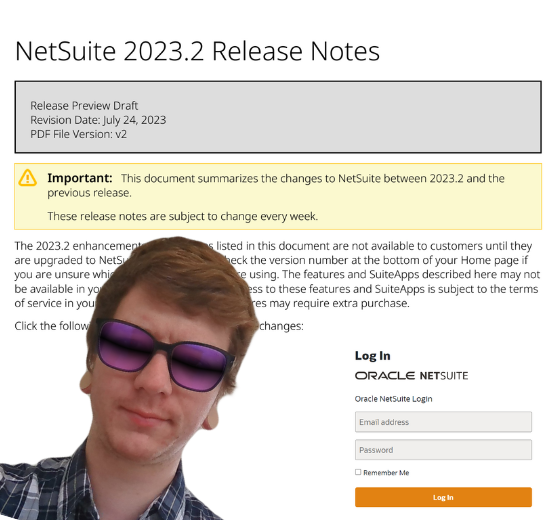The global pandemic has affected countless businesses worldwide, and manufacturing is a key sector that has experienced unprecedented disruption. While some manufacturers have had to rapidly ramp up operations to provide much-needed medical, household or food supplies, some have had to quickly diversify or scale back, to cater for fluctuations in demand or restrictions on operations. With the government now keen to get those who can work, back to work, many manufacturers will be thinking about how to get their business back up to speed.
Whether you’re a manufacturer who’s business has been thriving as a result of increased demand, or one that is facing challenges due to a decline in demand or a period of shutdown, a key success element for weathering the chaos and the storm is planning. Having the right ERP system in place will provide real-time visibility throughout the entire organisation, covering everything from procurement and inventory management through to sales, production and invoicing, on one cloud-based platform.
Effective supply chain management is imperative in turbulent times
According to this month’s report from The Manufacturer’s Organisation, Make UK, 86.5 per cent of manufacturing companies have continued to trade during the crisis, although many have faced a decrease in orders and sales. For this reason, it is imperative to be able to effectively evaluate supply and demand to avoid impact on cash flow through over-ordering, or missing out on opportunities as a result of not having accurate forecasts. Oracle NetSuite – the world’s premier cloud-based ERP system – has a Demand Planning feature that offers multiple ways to calculate or predict demand, based on historic or imported sales forecasts. While its Supply Management function uses multi-location supply planning, vendor management and planned versus actual orders in the supply planning process to balance demand and supply. With purchase, work and transfer orders all generated using key data such as consumption and reschedule in/out parameters, the right decisions can be made to ensure total control over the supply chain at any given time.
Maintaining cash flow in a capital intensive industry
Manufacturing is a capital intensive industry and one commonly affected by payment delays within supply chains, so having the capability to access and report financials quickly and accurately is crucial to maintaining a healthy balance sheet. With back-office staff likely working from home where possible, having access to a system offering real-time visibility of all financials helps with planning, minimising errors that can occur in manual processes – such as forgotten bills, invoices paid twice or fraudulent invoices processed. A cloud system such as Oracle NetSuite vastly improves potential to effectively manage accounts receivable and payable. Streamlining invoice delivery, credit terms and collections management will shorten the credit to cash cycle, and having access to a configurable dashboard provides the insight needed to manage financials or identify anomalies early on, providing the opportunity to address them quickly. Furthermore, flexible payment terms are currently available on the purchase and implementation of NetSuite; we can get your project underway right away and you can benefit from the powerful solution without worrying about further outgoings.
Fixed asset management remains a key consideration for manufacturers
With liquidity being a major talking point for manufacturing firms, managing fixed assets is a key consideration – and one that retains prominence in the current climate. Maintaining and controlling the end-to-end life cycle of plant, property and equipment is important at all times, and is made effortless with a robust ERP solution such as Oracle NetSuite. The Fixed Assets Management feature facilitates complete control over depreciating and non-depreciating assets, supporting detailed asset management such as maintenance and insurance. Depreciation and asset retirements are posted directly to NetSuite accounts, facilitating the integration of this information in financial reports, eliminating labour-intensive manual efforts or entries into multiple spreadsheets.
With challenges around fluctuating demand, supply chain issues, and managing workforce resource under the very different and difficult parameters of social distancing, the manufacturing sector has a lot to navigate and there will be testing times ahead, with the road to recovery no doubt full of twists and turns. A robust business architecture offers the right foundation for recovery and never has the flexibility offered by solutions such as NetSuite been more relevant than in today’s challenging climate.
Keep reading

What is a NetSuite implementation partner? How do you choose one?

Technology fit for total customer service in 2024

Retail and wholesale distribution: how to improve supply chains

Ditching Sage 1000: what you need to know from businesses that have done it

6 ways AI-ready Microsoft Dynamics 365 helps chartered associations serve members

6 retail and wholesale distribution challenges and how NetSuite solves them

The most exciting features in Microsoft Dynamics 365 2023 Release Wave 2

How to manage a new NetSuite Release: one expert's update process

What’s in NetSuite Release 2023.2?

